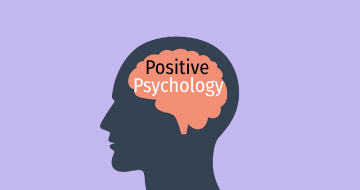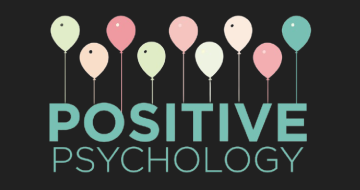APA: Positive Psychology by Edx
In this course you will learn about positive psychology, the scientific study of how psychological states, such as happiness, and character strengths, such as optimism and gratitude, contribute to well-being. You will learn about research on ways you can thrive and flourish personally and professionally. Upon completing this course, you will understand the important roles that positive emotions, relationships, and meaning play in happiness, life satisfaction, and mental health.
Course Highlights
- Define positive psychology, well-being, and happiness.
- Discuss simple ways to increase happiness and well-being.
- Explain how earlier psychological research fostered the development of positive psychology.
- Describe the research of the psychologists who founded positive psychology.
- Discuss the major criticisms of positive psychology.
- Identify the factors that affect subjective well-being.
- Discuss how positive psychology is used in interventions.
- Describe how well-being is measured across different societies and countries.
- Discuss cultural differences in desired levels of happiness.
- Explain how policy informs the factors that affect well-being.
- Discuss the factors that determine when individuals help others in need.
- List the steps involved in decisions to help.
- Describe ways to increase helping behavior.
Skills you will learn!
Curriculum
6 Topics
The Positive Psychology Hall of Fame: Founders
The Roots of Positive Psychology
Laying a Foundation for Positive Psychology
The Positive Psychology Hall of Fame: Flag Bearers
Contemporary Positive Psychology
Critiques of Positive Psychology
3 Topics
The PERMA Theory of Well-Being
Beyond PERMA
Positive Psychology Interventions
2 Topics
Measuring Happiness Globally
Policies to Increase Happiness
6 Topics
Introduction to Helping Others in Need
Why We Help Others in Need
Psychological Factors Directing Helping Behavior
Understanding Altruism and Egoism
When We Help Others in Need
Increasing Helping Behavior

APA: Positive Psychology




